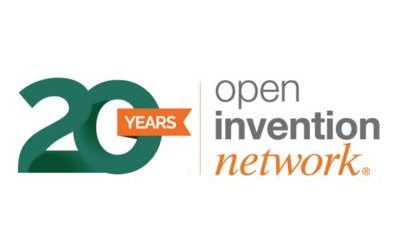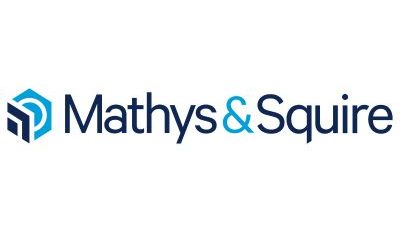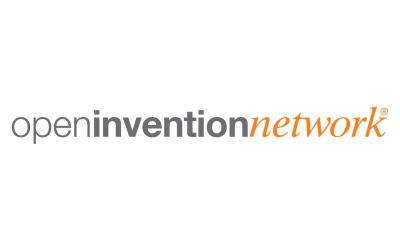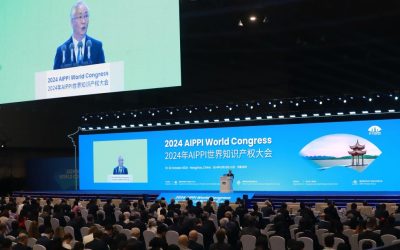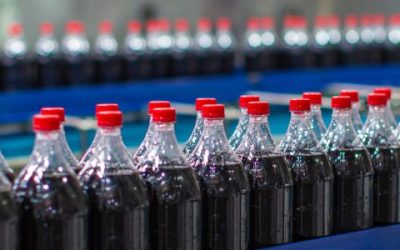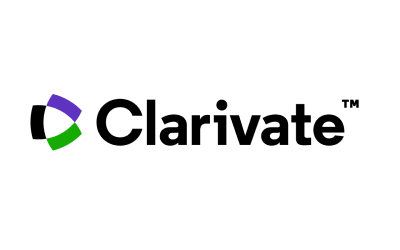The Patent Lawyer
NewsThe latest IP news – to join our panel of Patent news correspondents, please contact us

Written description and genus claims: lessons from In re: BAC IP B.V.
On August 5, 2025, in In re: BAC IP B.V., No. 24-2124, the Court of Appeals for the Federal Circuit (CAFC) affirmed the rejection of broad genus claims for lack of written description under 35 U.S.C. § 112, first paragraph. The opinion underscores that satisfying the...
Contours of Section 104A of the Indian Patent Act: burden of proof in case of suits concerning infringement
F. Hoffmann-La Roche AG (Roche), the Plaintiff, has brought a patent infringement suit against Zydus Lifesciences (Zydus), the Defendant. Roche seeks relief from the permanent injunction restraining infringement of the following two Indian patents: Product...
Sonos v. Google: where’s the prejudice?
In the much-anticipated appeal of Sonos v. Google, oral arguments recently unfolded before the Federal Circuit, involving the doctrine of prosecution laches. The district court decision surprised many, as it marked the first time prosecution laches had been used to...
Midea Group joins the Open Invention Network community
Smart appliances are household devices like refrigerators, ovens, washers, dryers, and air conditioners, equipped with technology that allows them to be controlled remotely, often through a smartphone app or voice commands. These appliances offer features like remote...
What is settled and what are our expectations after iRhythm?
The March 26, 2025, memo from the US Patent and Trademark Office director significantly changed the way the Patent Trial and Appeal Board (PTAB) handles institution decisions by establishing a bifurcated process under which the acting director—rather than panels of...
New continuation application fees: why and at what cost?
Earlier this year, the US Patent and Trademark Office (USPTO) instituted new fees related to the filing of continuation patent applications. As a refresher, a continuation application is a second or subsequent patent application filing that claims the benefit of an...
Entrepreneur’s greedy eye casts at Apple’s pie
Apple Inc. is a company that hardly needs an introduction. Its assortment of iPhones are widely popular in Russia, and Apple holds countless patents to protect its technology. Entrepreneur Artashes Ikonomov filed and obtained patent No. 141791 in 2013 for a cell phone...
Register at Early Bird rate for ECTA 43rd Annual Conference ‘Bears on the Loose’ in Berlin!
Register now at Early Bird rates for the ECTA 43rd Annual Conference in Berlin on 18-21 June 2025! This year’s Conference 'Bears on the Loose' 🐻😎 celebrates Berlin’s heraldic bear and the city's vibrant atmosphere. With its melting pot of cultures, rich history, and...
UK should move to making patenting of quantum computing easier: UK lags far behind Europe in IP law
The UK Intellectual Property Office (UKIPO) may be discouraging innovation in Quantum Computing by making it harder to patent technology in this sector, says intellectual property law firm Mathys & Squire. That risks driving developers of Quantum Computing to...
Harvard and Samsung end dispute on semiconductor technologies
Harvard University and Samsung have settled a patent infringement dispute concerning semiconductor manufacturing techniques. On January 28, Harvard dismissed its lawsuit filed in the Eastern District of Texax in August of 2024, waiving rights to refile. The parties...
Open Invention Network reaches 4,000 community members
Open-source software continues to expand its reach within the commercial software industry. According to research from GitHub and The Linux Foundation, 40% of businesses contribute open-source code daily and 60% at least weekly. It spans every major technology sector,...
Looking back at AIPPI World Congress 2024 in Hangzhou, China
The 2024 AIPPI World Congress, held in the picturesque city of Hangzhou from October 19 to 22, was a landmark event for the global intellectual property (IP) community. Hosting more than 2,300 IP professionals from 92 countries, the Congress underscored China’s...
Osseo Imaging, LLC v. Planmeca US Inc.: is “timing of acquiring the skill” relevant when ascertaining an expert?
In the ever-evolving test of obviousness, what has been consistently critical is the technical opinion of the expert or “person skilled in the art” (PSITA). Identifying who this expert is for a particular patent/invention is, therefore, critical. A creative leap was...
Steuben Foods accuses Shibuya Hoppmann Corp. of patent infringement in bottling process
The case of Steuben Foods, Inc. v. Shibuya Hoppmann Corporation focused on the alleged patent infringement of claims of the US Patent No. 6,209,591, No. 6,536,188, and No. 6,702,985 owned by Steuben and related to the operation of machinery used in the bottling...
No Results Found
The page you requested could not be found. Try refining your search, or use the navigation above to locate the post.




